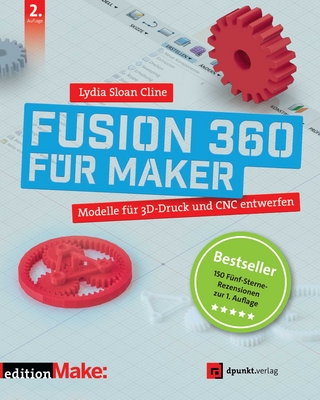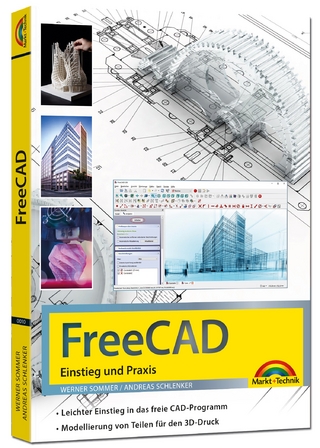
Designing a More Inclusive World
Springer London Ltd (Verlag)
978-1-4471-1046-0 (ISBN)
I Design Issues for Universal Access and Assistive Technology.- 1. Is Universal Design a Critical Theory?.- 2. Cross-market Product and Service Innovation — the DBA Challenge Example.- 3. Introducing User-Centred Design Methods into Design Education.- 4. Comparing Product Assessment Methods for Inclusive Design.- 5. Virtual Learning Environments: Improving Accessibility Using Profiling.- 6. Assessment, Insight and Awareness in Design for Users with Special Needs.- 7. New Cognitive Capability Scales For Inclusive Product Design.- II Enabling Computer Access and New Technologies.- 8. An AAC-Enabled Internet: From User Requirements to Guidelines.- 9. Gathering Requirements for Mobile Devices Using Focus Groups with Older People.- 10. Devices and Desires: Identifying the Acceptability of AT to Older People.- 11. Beyond Functionality — Product Semantics in Assistive Device Design.- 12. Consensus-based Adaptive User Interface Implementation in Product Promotion.- 13. Transforming Musical Notations for Universal Access.- 14. Evaluation of Multimodal Techniques for Blind People to Track Moving Objects.- 15. Movement Time Prediction for Tasks Assisted by Force-feedback.- 16. Recognising Expression in Speech for Human Computer Interaction.- 17. Emotional Hearing Aid: An Assistive Tool for Children with Asperger's Syndrome.- 18. Fostering Universal Access: Lessons from Telecommunications and Disability.- 19. Assessing the Accessibility of Digital Television Set-Top Boxes.- III Assistive Technology and Rehabilitation Robotics.- 20. Robot Technology in Rehabilitation and Support —State of the Art.- 21. Powered Lower Limb Orthosis for Assisting Standing Up and Sitting Down Movements.- 22. Collaborative Control Aspects for Rehabilitation Robots.- 23. Effects of Repeated Exposureto a Humanoid Robot on Children with Autism.- 24. The Gloucester Smart House for People with Dementia —User-Interface Aspects.- 25. Standards and the Dependability of Electronic Assistive Technology.- 26. If I had a Robot at Home... Peoples' Representation of Domestic Robots.- Index of Contributors.
| Zusatzinfo | XIII, 268 p. |
|---|---|
| Verlagsort | England |
| Sprache | englisch |
| Maße | 155 x 235 mm |
| Themenwelt | Geisteswissenschaften ► Psychologie ► Klinische Psychologie |
| Informatik ► Grafik / Design ► Digitale Bildverarbeitung | |
| Informatik ► Software Entwicklung ► User Interfaces (HCI) | |
| Medizin / Pharmazie ► Physiotherapie / Ergotherapie ► Orthopädie | |
| Medizin / Pharmazie ► Physiotherapie / Ergotherapie ► Rehabilitation | |
| Technik ► Elektrotechnik / Energietechnik | |
| Technik ► Maschinenbau | |
| Technik ► Medizintechnik | |
| Schlagworte | Assistive Technology • Engineering design • Product Development |
| ISBN-10 | 1-4471-1046-3 / 1447110463 |
| ISBN-13 | 978-1-4471-1046-0 / 9781447110460 |
| Zustand | Neuware |
| Haben Sie eine Frage zum Produkt? |
aus dem Bereich


